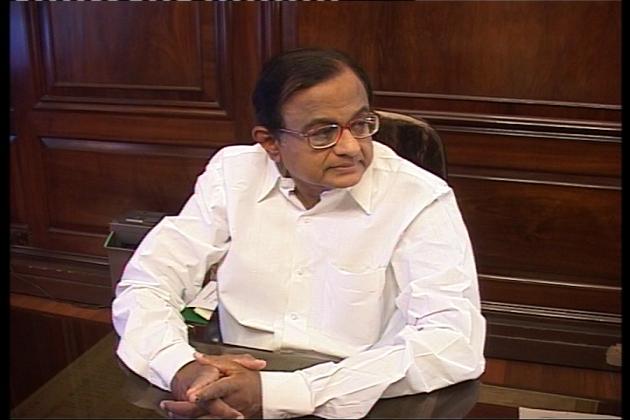
Kolkata, July 11: Alliance partners Congress and Trinamool Congress on Tuesday continued to spar over Union Home Minister P Chidambaram's sharp indictment of the continuing political clashes in West Bengal.
While state Congress chief Pradip Bhattacharya endorsed Chidamabaram's critical comments and challenged Chief Minister Mamata Banerjee to prove the veracity of the counter data presented by her, Trinamool ministers asked whether the state Congress ministers also shared the same view and stood united over the charge.
Congress and the Trinamool Congress are partners in both the central and West Bengal governments.
"The condition of law and order in West Bengal is now the best in the entire country. There should not be any doubt about it. And the state Congress should first make sure that their ministers in the state cabinet also share the same view and are united," said Trinamool leader and Sports Minister MadanMitra.
Bhattacharya questioned the data given by the chief minister.
"Lots of things have been said about Home Minister P Chidambaram's statement regarding law and order. Mamata Banerjee has written a letter stating that Chidambaram's statement was wrong," he said.
"She and her cabinet colleagues have given some data. But what is the guarantee that the data they have given is right and the data given by the union home minister is wrong?" Bhattacharya said.
In a virtual snub to the state government, Chidambaram last week noted that inter-party clashes were continuing in West Bengal, adding that a"bullet for bullet" scenario had no place in a democracy.
An infuriated Banerjee challenged Chidambaram the next day by shooting off an angry letter that described as "incorrect" the figures provided by the home minister on the number of deaths in inter-party clashes in the state.
Bhattacharya questioned the figures.
"I challenge the state government and Mamata Banerjee to prove that the figures presented by her regarding inter-party clashes are right. The people of this state have the democratic right to know the truth. If she can prove that the figures presented by us and Chidambaram are wrong, then we will accept our mistake," Bhattacharya said.
He also said that the state government was trying to deceive the people by presenting wrong data regarding violence in the state.
"Crime against women and violence in educational institutes have gone up to a large extent. And the state government is saying that crime graph has gone down," he said.






Comments
Add new comment